How To Make Money As A Freelance Writer
You have put in a lot of hard work into starting your new business, and now it’s time to make some money. Are you ready to talk about how to get gigs that pay and what gigs to avoid?
How To Get Gigs That Pay
There are plenty of ways to get writing gigs that pay. A lot of your gigs will come from friends, family, local businesses, and word-of-mouth recommendations.
I would venture to say that once you have solidified a few clients, most of your new clients will come from recommendations.
Even so, there are times when you will experience lulls or want to make a little more money. Here are some of the best resources you can find on the internet to help you find high paying gigs.
Here are some resources:
We Work Remotely. This is the largest remote community in the world and often has great job listings for writers.
Who Pays Writers. This is a website where you can get ideas of companies to pitch and how much they pay.
FreelanceWritingGigs. This website posts a new blog post every day with links to daily new freelance writing assignments. This site is oversaturated, but you can find some gems.
Freelance Writing. This website is similar to freelancewritinggigs.com, but they segment the new freelance writing jobs into different categories. That way, you can quickly locate the type of freelance writing job you have in mind.
BloggingPro. I have found some truly great clients here, and they also post new jobs daily.
ProBlogger. I like the layout of this site, and people respond quickly to your pitches.
LinkedIn Jobs. LinkedIn is a gold mine for freelance writers. If you search for freelance writing jobs, you will find many different options. You can even subscribe to the job feed, and receive new emails when new positions become available.
FreedomWithWriting. This is another favorite website of mine. You have to subscribe to their email to take advantage of great content, but they will email you links to paying gigs almost every day.
Using any of these daily message boards or subscription services is a great way to get freelance writing gigs. Another way to get gigs is to do the research on your own and find blogs within your niche that accept paid guest posts.
For example, I do a lot of travel writing, so I often seek out travel companies to see if they pay for guest travel posts. I have had a lot of success with this option.
When you guest post, the blog owner will typically let you include an author byline with a link to your website, which will drive more clients to your site.
Gigs To Avoid
It's essential to avoid gigs that pay so horribly that it’s not even worth your time. There are a lot of companies out there who will only pay a penny per word. Unacceptable.
There are also sites where there is so much competition that you only end up getting like $8 for an article. Doubly unacceptable.
Here are the types of websites I don’t recommend:
SEO Websites. Many SEO content websites will pay you a penny per word for 200-500 word articles. Do the math on that. It’s just not that much if you’re trying to make real money and justify quitting a corporate job.
Content Mills. Content mills are sites like Upwork. These sites are so oversaturated with freelancers who will do work for ridiculously low prices that it’s not worthwhile to make a pitch.
If you are genuinely looking to make money as a freelancer, stay away from SEO websites and content mills.
Easy Strategies To Get More Clients And Make More Money
It's also important to use strategies that will bring people who are looking for freelance writers to contact you.
Here are some ideas:
Author Bylines. It’s okay to ghostwrite if the price is right, but if your client is okay with it, it’s a lot more lucrative to add an author byline to the end of your post with a link to your website. That way, when a business owner reads a post you’ve written for another client, they can click on your link, find your contact page, and hire you.
Social Media. Every time I write an article, I post it to my business social media profiles. This shows people that I am writing actively and allows them to view my work and hire me.
Network. Take the time to build meaningful relationships with other freelancers and marketers. You will get jobs from your network of freelancer friends.
Guest posting. Sometimes it’s not all about making money from your writing. Sometimes it’s about getting the right kind of exposure to drive people to your website. If you can get an article published on a site with a massive following like Huffington Post, Slate, or something similar, you will end up driving a ton of traffic back to your website. Additionally, you will build your credibility as a killer writer.
As you actively build your brand, seek out clients, and follow these strategies to bring buyers back to your website, you will grow your freelance writing business to a point where you are living the freelance writer’s dream. That’s the dream of making more money by doing less work, and working from wherever you want and whenever you want.









